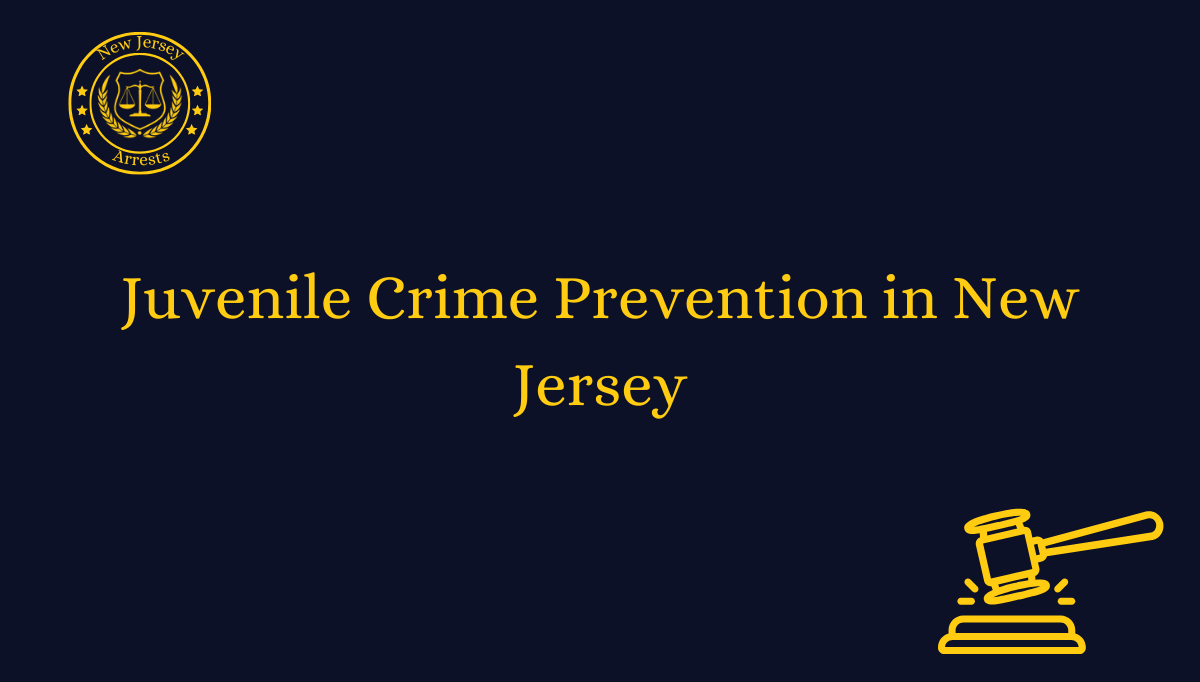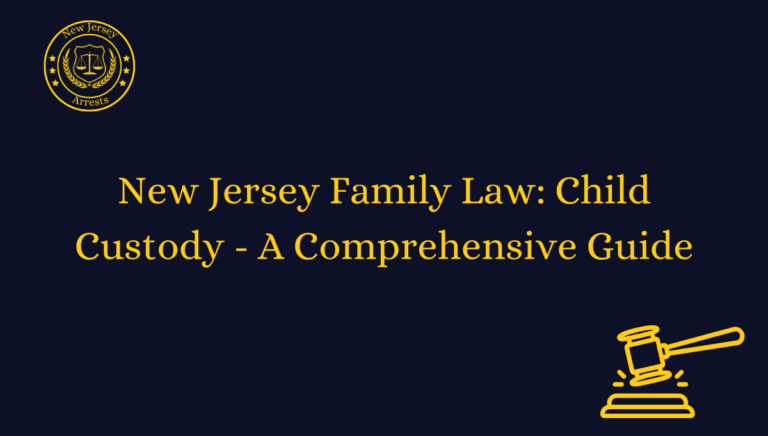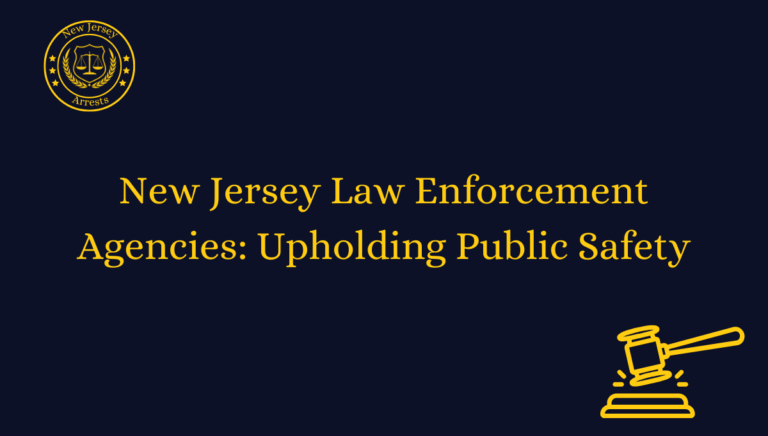Juvenile Crime Prevention in New Jersey
Welcome to our informative guide on Juvenile Crime Prevention in New Jersey. In this comprehensive resource, we will delve into the various measures and strategies that are being implemented to tackle juvenile crime and ensure a safer future for our young residents.
With a focus on prevention rather than punishment, our state is committed to addressing the root causes of juvenile delinquency and providing support systems that empower our youth to make positive choices. Through a combination of community outreach, educational programs, and collaboration between law enforcement agencies and social services, New Jersey is leading the way in effective crime prevention.
Early Intervention Programs
One of the key strategies in preventing juvenile crime is early intervention. By identifying at-risk youth and providing them with the necessary support and resources, we can help steer them away from a path of delinquency. New Jersey has implemented various early intervention programs that target specific risk factors such as substance abuse, academic struggles, and family instability.
Substance Abuse Prevention
Substance abuse is a significant contributing factor to juvenile delinquency. Our state recognizes the importance of addressing this issue head-on and has developed comprehensive prevention programs that educate youngsters about the dangers of drugs and alcohol. By promoting awareness and providing support for those struggling with substance abuse, we aim to reduce the likelihood of them engaging in criminal activities.
Education and Skill-Building
Education plays a vital role in preventing juvenile crime. By providing quality educational programs and opportunities for skill-building, we empower our youth to make positive choices and pursue meaningful paths in life. New Jersey is committed to enhancing educational resources in underserved communities and ensuring that all young residents have access to a quality education.
Community Engagement
Creating strong community connections is essential in preventing juvenile crime. When communities come together to support and mentor young individuals, they provide a sense of belonging and purpose, reducing the risk of delinquency. New Jersey encourages community engagement through initiatives such as neighborhood watch programs, youth clubs, and mentorship opportunities.
Restorative Justice Practices
Restorative justice practices aim to repair the harm caused by criminal behavior while holding juveniles accountable for their actions. Instead of solely focusing on punishment, New Jersey promotes restorative justice by encouraging dialogue, reconciliation, and community involvement. These practices help young offenders understand the impact of their actions and work towards making amends.
Collaboration between Law Enforcement and Social Services
Effective crime prevention requires collaboration between law enforcement agencies and social services. New Jersey has established strong partnerships between these entities to ensure a coordinated approach towards juvenile crime prevention. By working together, they can identify at-risk youth, provide necessary interventions, and offer ongoing support to prevent reoffending.
Empowering Youth Voices
Listening to and valuing the perspectives of young individuals is crucial in preventing juvenile crime. New Jersey actively promotes youth involvement in decision-making processes, allowing them to contribute to the development of policies and programs that directly impact their lives. By empowering youth voices, we create a sense of ownership and responsibility, fostering a safer and more inclusive community for all.
FAQs
What is juvenile crime prevention?
Juvenile crime prevention refers to strategies, programs, and initiatives aimed at reducing and deterring criminal behavior among young individuals under the age of 18.
Why is juvenile crime prevention important?
Juvenile crime prevention is crucial because it helps create safer communities, protects young individuals from falling into a life of crime, and provides them with the necessary support and resources to make positive choices.
What are some effective juvenile crime prevention strategies?
Effective juvenile crime prevention strategies include early intervention programs, mentoring programs, community outreach initiatives, after-school activities, and educational programs that focus on character development and life skills.
How does New Jersey address juvenile crime prevention?
New Jersey takes juvenile crime prevention seriously and has implemented various programs such as the Juvenile Justice Commission, which provides comprehensive services to at-risk youth, including counseling, job training, and educational opportunities.
Are there any specific laws in place to prevent juvenile crime in New Jersey?
Yes, New Jersey has specific laws and statutes that address juvenile crime prevention. These laws aim to divert young offenders from the criminal justice system and provide them with rehabilitative services instead of punishment.
How can individuals get involved in juvenile crime prevention efforts in New Jersey?
Individuals can get involved in juvenile crime prevention efforts in New Jersey by volunteering with local organizations that focus on youth development, supporting legislation that promotes prevention and rehabilitation, and raising awareness about the importance of investing in our youth’s future.







